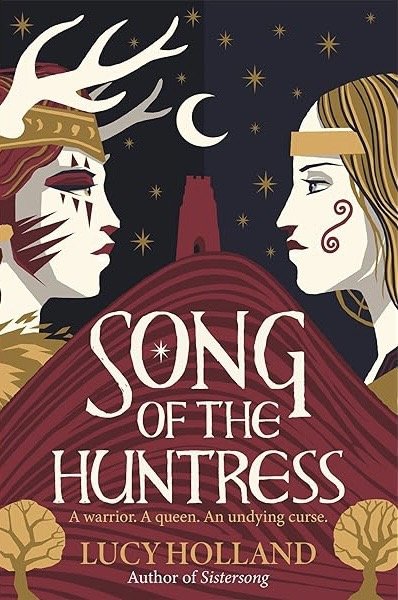1.7- Harry ca Nab and the halesowen wild hunt
In this week’s episode, we explored the tale of the cursed Halesowen huntsman, Harry ca Nab. Just like young Lambton in the tale of the Lambton Worm, our hero is roundly punished for breaking the sabbath to indulge in his favourite pastime. But unlike Lambton, he has no chance to redeem himself. Come with us this week to meet the Devil’s own huntsman.
Hell’s Own
Many places across the UK have wild hunt legends attached to them, each with its version of who leads the hunt and when they ride. What attracted us to the Harry ca Nab story was that it is very much a Winter’s tale.
Some say that Harry and his Gabriel Hounds ride out from the local town of Halesowen- sometimes taken to mean Hell’s Own- to hunt boar over the Clent and Lickey hills. It is more likely that the town’s name is a combination of the Anglo-Saxon word for valley ‘halh’ and a Welsh prince called David Owen, who was gifted the area.
Other parts of the legend suggest that he was once a local landowner who chose not to respect the peace of Sunday because his lust for the hunt was more important than religious observance. But is it really a punishment to curse someone who loves hunting to become an immortal huntsman for the rest of eternity?
Devil or Saviour?
One of the classic conflicts in Wild Hunt legends is whether the hunt rides for good or for evil. Some huntsmen, like Harry ca Nab, are said to work for the devil. Some hunts are supposedly led by Old Nick himself. These hunts often ride out in the winter and at night. A meeting with them is usually certain doom for the poor soul who strays into their path.
But these are Christian traditions, so of course the hunt is associated with evil. In older Celtic traditions the wild hunt is often led by the gods. The Anglo-Saxons believed that the hunt was led by Woden, father of the gods. And in Welsh mythology, the hunt is led by the lord of the dead, Gwyn Ap Nudd. While neither of these figures is entirely benign, you are a lot more likely to get away with your life if you meet them than if you come face to face with Old Scratch.
Song of the Huntress
Another inspiration for the episode was Lucy Holland’s brilliant novel ‘Song of the Huntress’. We met Lucy briefly at the Butser Ancient Farm Book Festival, where we spoke about her inspiration for writing the novel. Wild hunt legends are often solely focused on men, but Lucy has pulled the women of the Anglo-Saxon period into sharp focus, giving them the opportunity to demonstrate to the reader that women had a role in the cut and thrust of Britain’s past too. We can really recommend it for anyone who loves a good wild hunt tale and a bit of British history.

